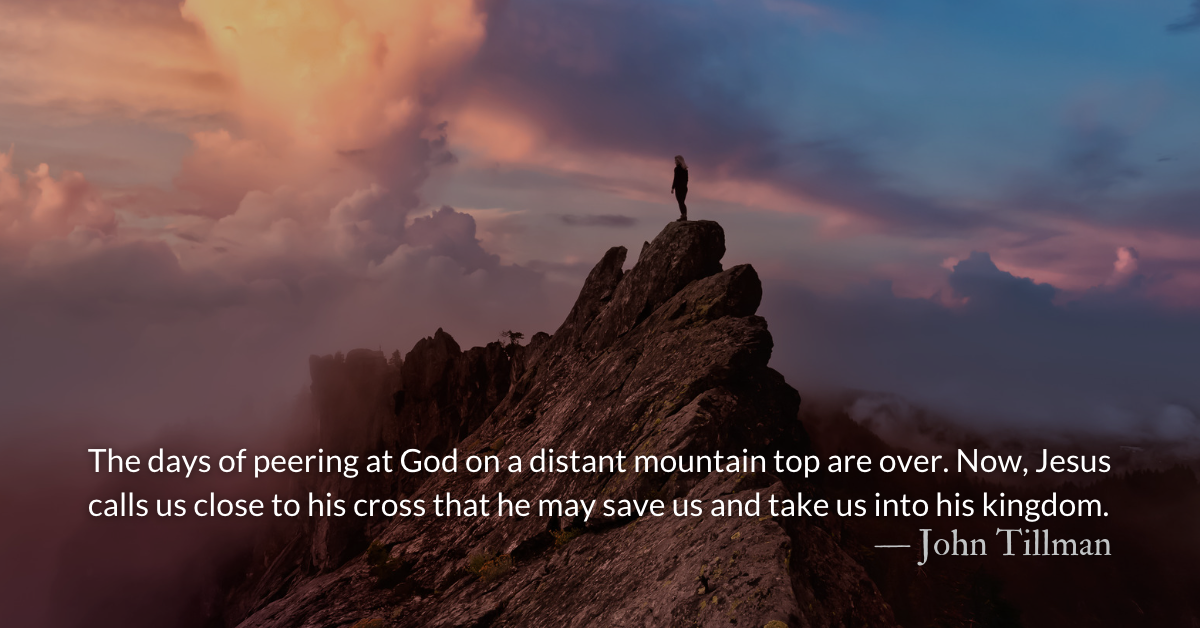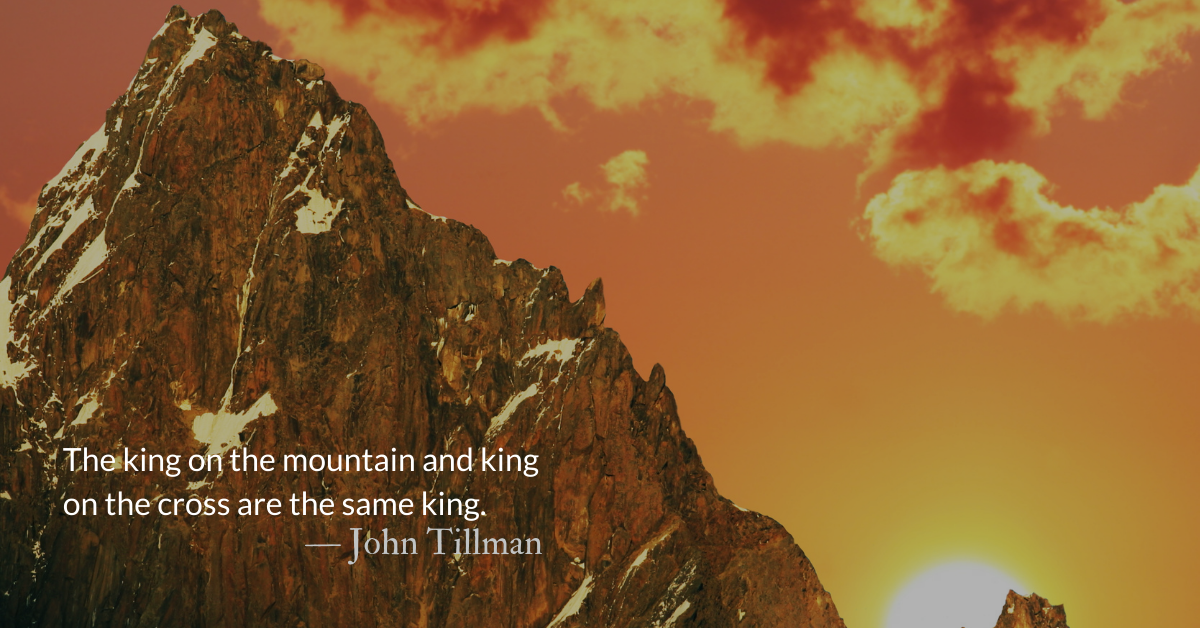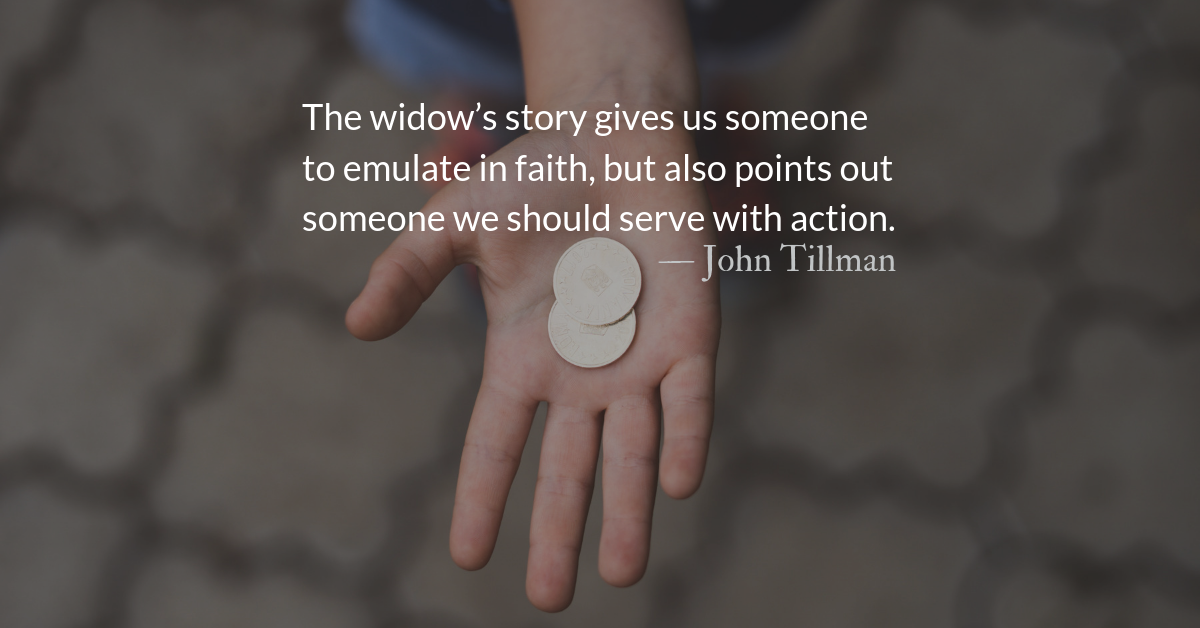Scripture Focus: Exodus 20.18-23
18 When the people saw the thunder and lightning and heard the trumpet and saw the mountain in smoke, they trembled with fear. They stayed at a distance 19 and said to Moses, “Speak to us yourself and we will listen. But do not have God speak to us or we will die.”
20 Moses said to the people, “Do not be afraid. God has come to test you, so that the fear of God will be with you to keep you from sinning.”
21 The people remained at a distance, while Moses approached the thick darkness where God was.
22 Then the Lord said to Moses, “Tell the Israelites this: ‘You have seen for yourselves that I have spoken to you from heaven: 23 Do not make any gods to be alongside me; do not make for yourselves gods of silver or gods of gold.
Luke 23.38-43
38 There was a written notice above him, which read: this is the king of the jews.
39 One of the criminals who hung there hurled insults at him: “Aren’t you the Messiah? Save yourself and us!”
40 But the other criminal rebuked him. “Don’t you fear God,” he said, “since you are under the same sentence? 41 We are punished justly, for we are getting what our deeds deserve. But this man has done nothing wrong.”
42 Then he said, “Jesus, remember me when you come into your kingdom.”
43 Jesus answered him, “Truly I tell you, today you will be with me in paradise.”
Reflection: King on the Mountain, King on the Cross
By John Tillman
God presents himself to the former slaves as a glorious heavenly king.
There are many linguistic similarities between ancient vassal treaties between kings and subjects and the covenant language given to Moses. God tends to speak to us using language we are familiar with.
Moses calls this a test. Will the people be faithful to this king? Will they trust God? Will they become God’s “firstborn son” that he calls them to become? (Exodus 4.22) The desert experience and hundreds of years of judges and kings would prove that Israel would fail to live up to the covenant until God sent the true “firstborn son” to fulfill the covenant.
Israel fell into sin in the desert. Jesus would resist sin in the desert. Everything that Israel had lost or failed to do, Jesus would accomplish, including being a light to the Gentile nations.
When Jesus was on the cross, Pilate wrote “King of the Jews” and placed the sign over Christ’s head. The religious leaders objected to this. They did not want this naked, abused, bleeding man to be called their king. They wanted the intimidating king from the mountain, not the homeless carpenter from Nazareth.
If only their eyes could be opened and ours as well. The king on the mountain and king on the cross are the same king.
The king from the exalted mountain, was exalted on the cross.
The king on the mountain demanded righteousness. The king on the cross provided it.
The king on the mountain made it a holy place by his presence. The king on the cross made it a holy altar by his blood.
Our God is a king, unlike other kings.
Israel expected a king fitted for war. He came fitted to serve.
They expected a king observing their laws. He came pointing out their sins.
They expected a king to cast out the Romans. He cast out the moneychangers.
They expected a king to banish the cursed outcasts and sinners. He brought them in and blessed them.
This is the kind of kingdom God is building because it is the only kind of kingdom we could be allowed into, sinners that we are.
The days of peering at God on a distant mountain top are over. Now, Jesus calls us close to his cross that he may save us and take us into his kingdom. (Hebrews 12.18-24)
Divine Hours Prayer: The Request for Presence
O god of hosts, show the light of your countenance, and we shall be saved. — Psalm 80.7
– From The Divine Hours: Prayers for Springtime by Phyllis Tickle.
Today’s Reading
Exodus 20 (Listen 3:21)
Luke 2(Listen 6:11)
Read more about Unveiled
Seeing the glory of God can be discomforting. But Moses and Israel hadn’t seen anything yet…
Read The Bible With Us
Walk with us through God’s Word and find beauty revealed by a slower, more reflective, two-year pace.









